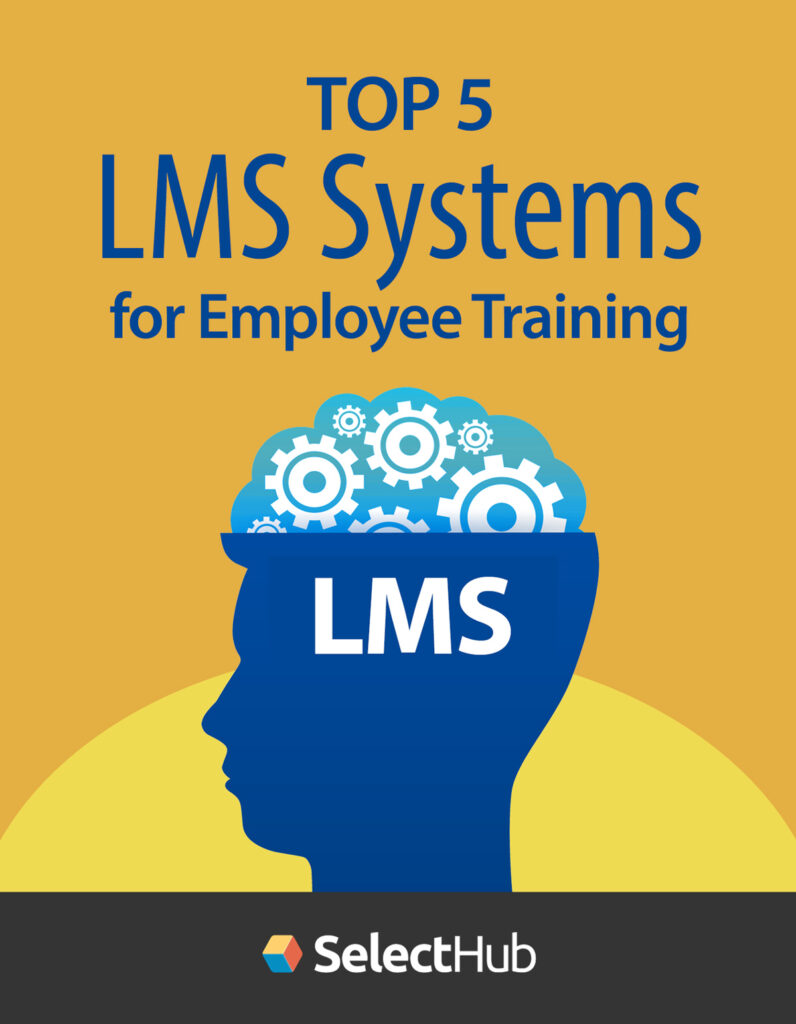Top 5 LMS Systems for Employee Training-Essential Features & Pricing Comparison
Latest Posts
Share this post

Continuous learning isn’t just a bonus for a savvy company. In the modern workforce, it’s life or death. In this guide, we compare the top 5 LMS platforms for employee training. We also reveal top-rated alternatives, including open-source options. You’ll find out which LMS features are essential for corporate training so you can compare, contrast, and analyze your way to the best solution for your organization.
This guide gives you:
- Comparison of top systems
- Essential features explained
- Buyer requirements checklist (customizable)
- Expert recommendations and pricing
Reduce time and risk in your software acquisition: With detailed evaluations for over 80 learning management systems, our data-driven selection approach simplifies software decisions so you can make smarter choices at any stage of your buying cycle. See assistance details in this guide.
Want help with your shortlist? Connect with SelectHub to expedite your software search with free recommendations and pricing comparisons based on our in-depth software evaluations.

